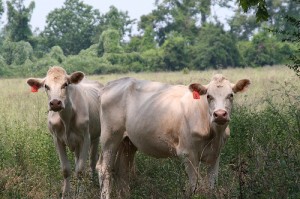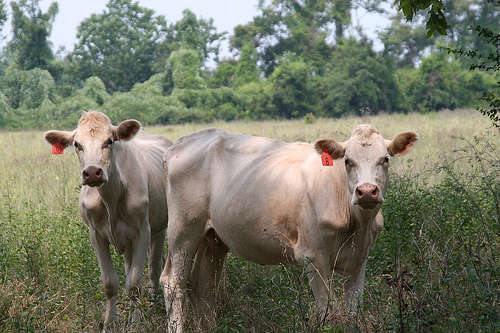
A project has been launched by Liverpool researchers to help detect and control a cattle disease which costs the UK economy £300m annually.
A figure of £1m will be injected into the project to tackle ‘liver fluke’, the disease which has been attacking UK livestock.
The infection is transmitted by the dwarf pond snail, and is found in over 75% of UK dairy farms, causing cattle to lose weight and become lethargic, reducing productivity in dairy and beef herds.
Mary Vicker, senior livestock scientist for EBLEX, an organisation for English beef and lamb, and funding body for the project, told JMU Journalism: “Liver fluke has the potential to infect all types of cattle and sheep with potentially fatal outcomes. Liver fluke infection is estimated to cost the UK livestock industry approximately £300 million per year, with liver condemnations costing in excess of £3.2 million. Over 20% of cattle slaughtered in England in 2013 showed evidence of liver fluke infection.”
With the disease being on the increase, scientists at the University of Liverpool will be dedicating four years to the project, with hopes of creating practical differences in farming techniques and improving management of the disease.
Alan Morris, Communications Manager at Hybu Cig Cymru – Meat Promotion Wales (HCC), another foundation funding the project, told JMU Journalism: “HCC is delighted to be part of this research programme that will investigate the impact of liver fluke to the industry. Part of the project will look to identify new diagnostic techniques to identify whether cattle have the disease and then treatments can be targeted more effectively.
“The project will also look at identifying risk factors so that farmers will be able to identify the areas of their farm that may harbour the snails and this will assist them in planning grazing regimes more effectively.”
Although the project is being heavily funded by many different groups, it will not lead to a complete dismissal of the disease, as there is no quick fix for liver fluke; however both HCC and EBLEX are optimistic that the results of the project will move the industry forward.

